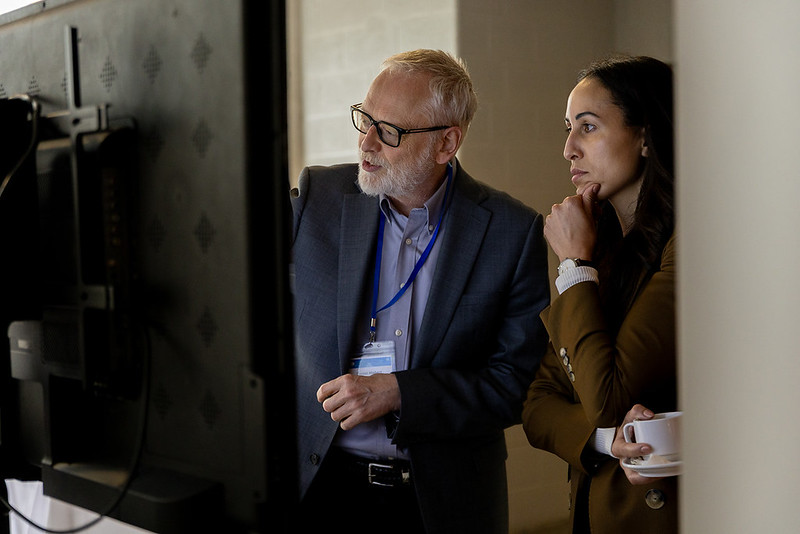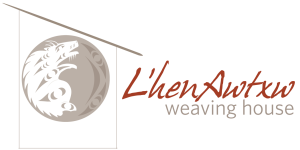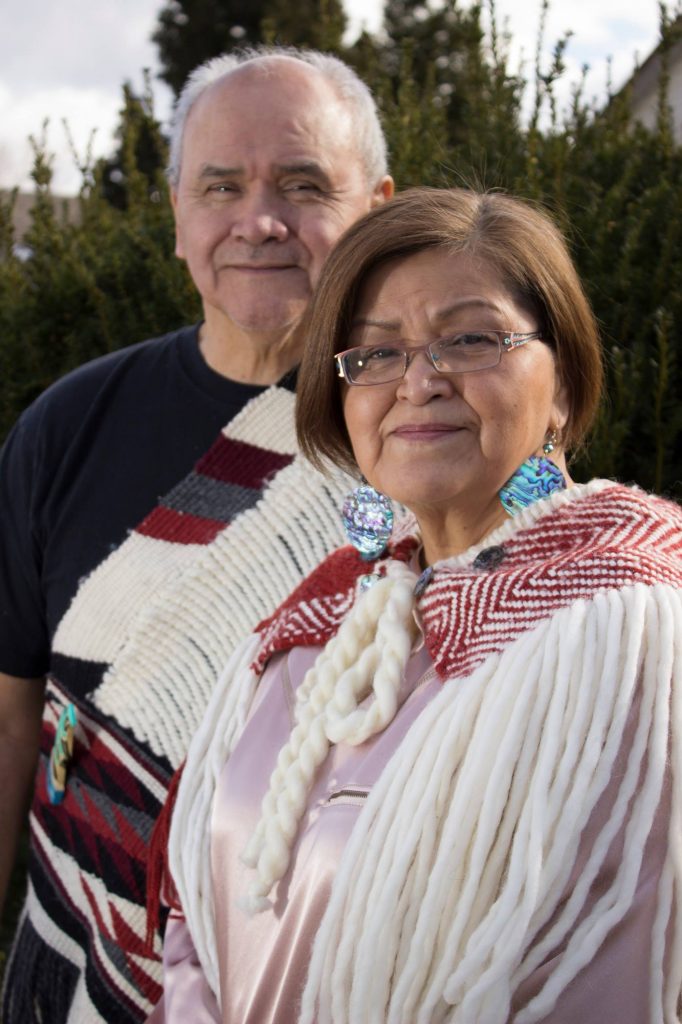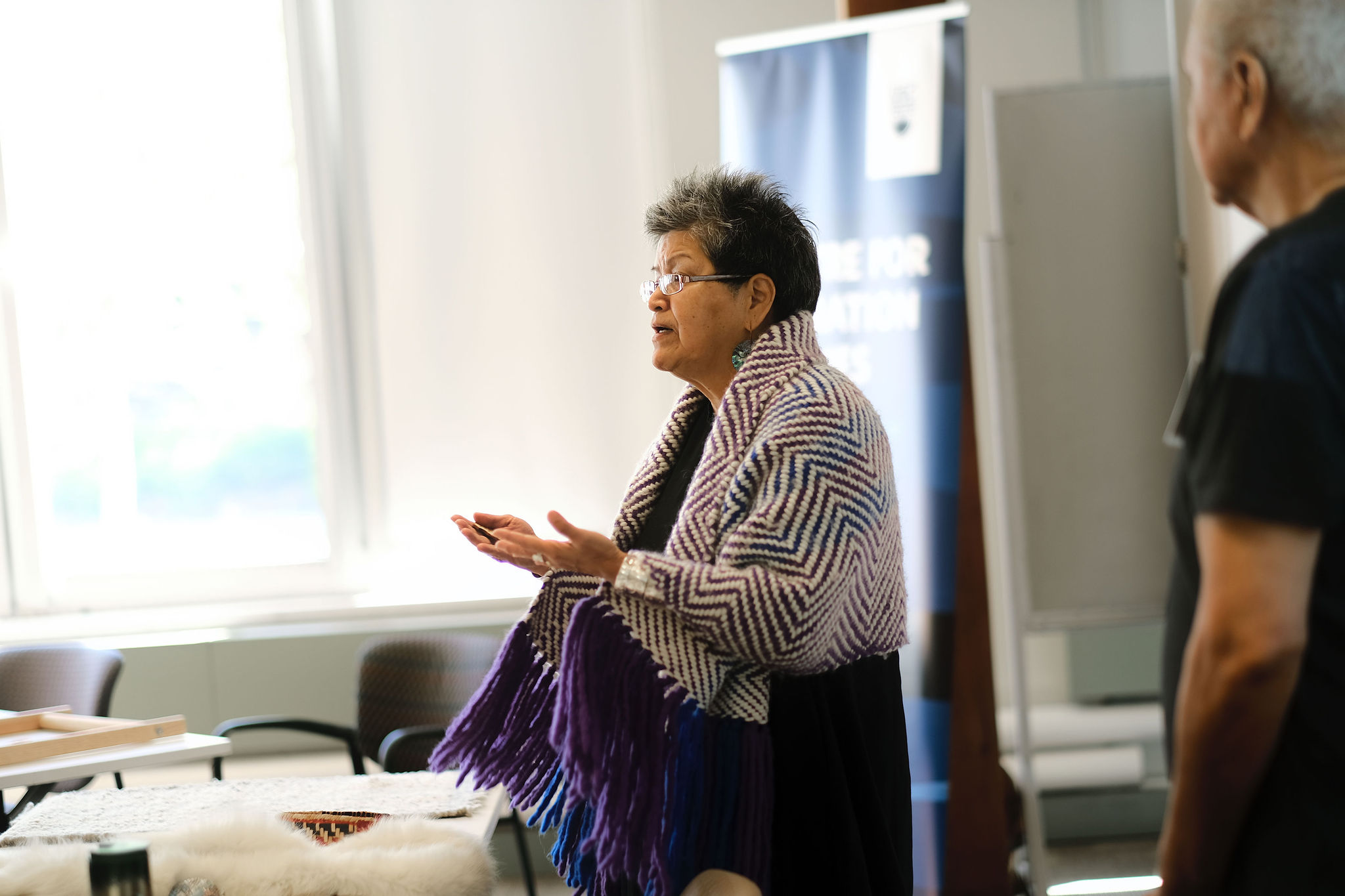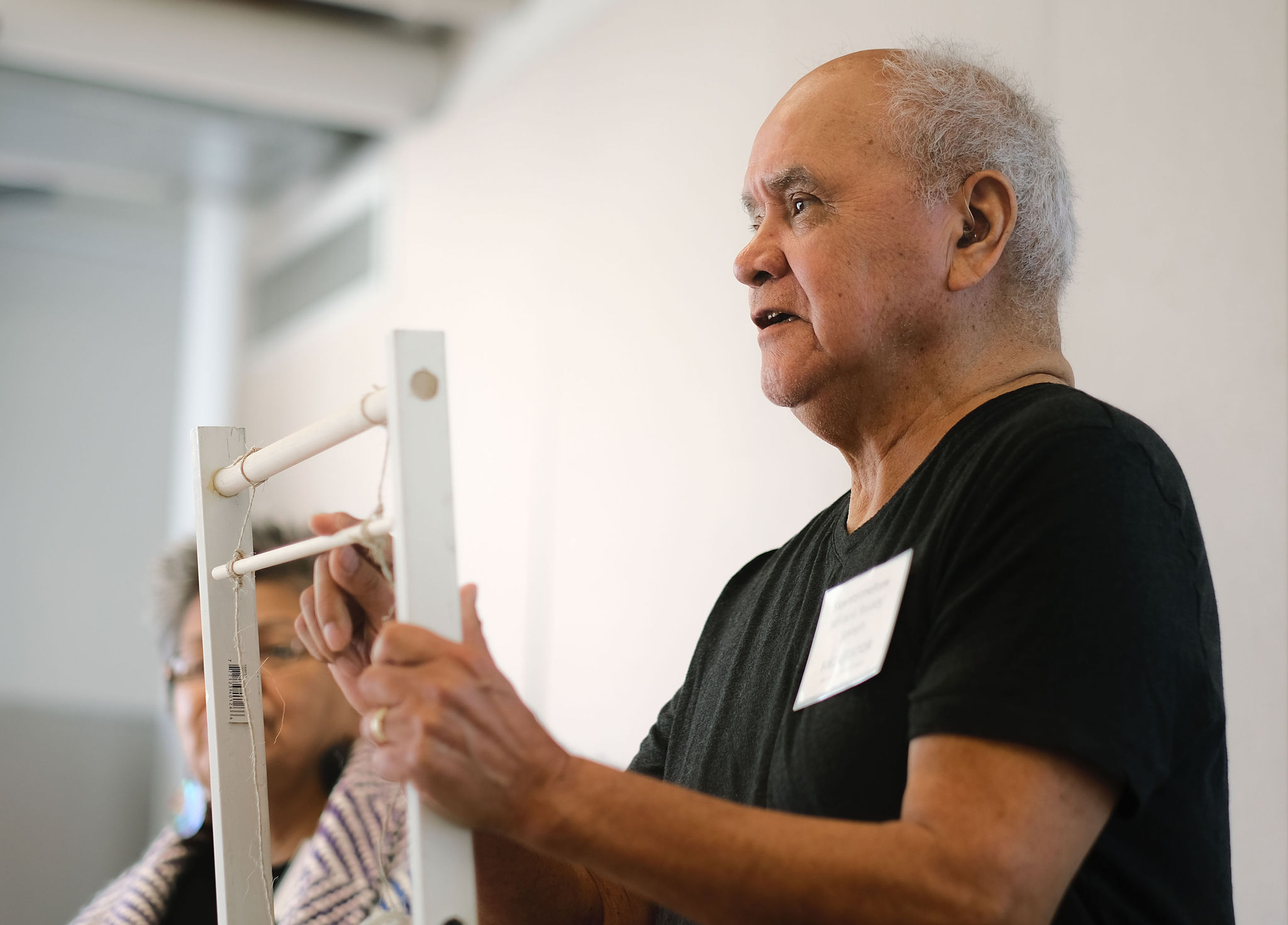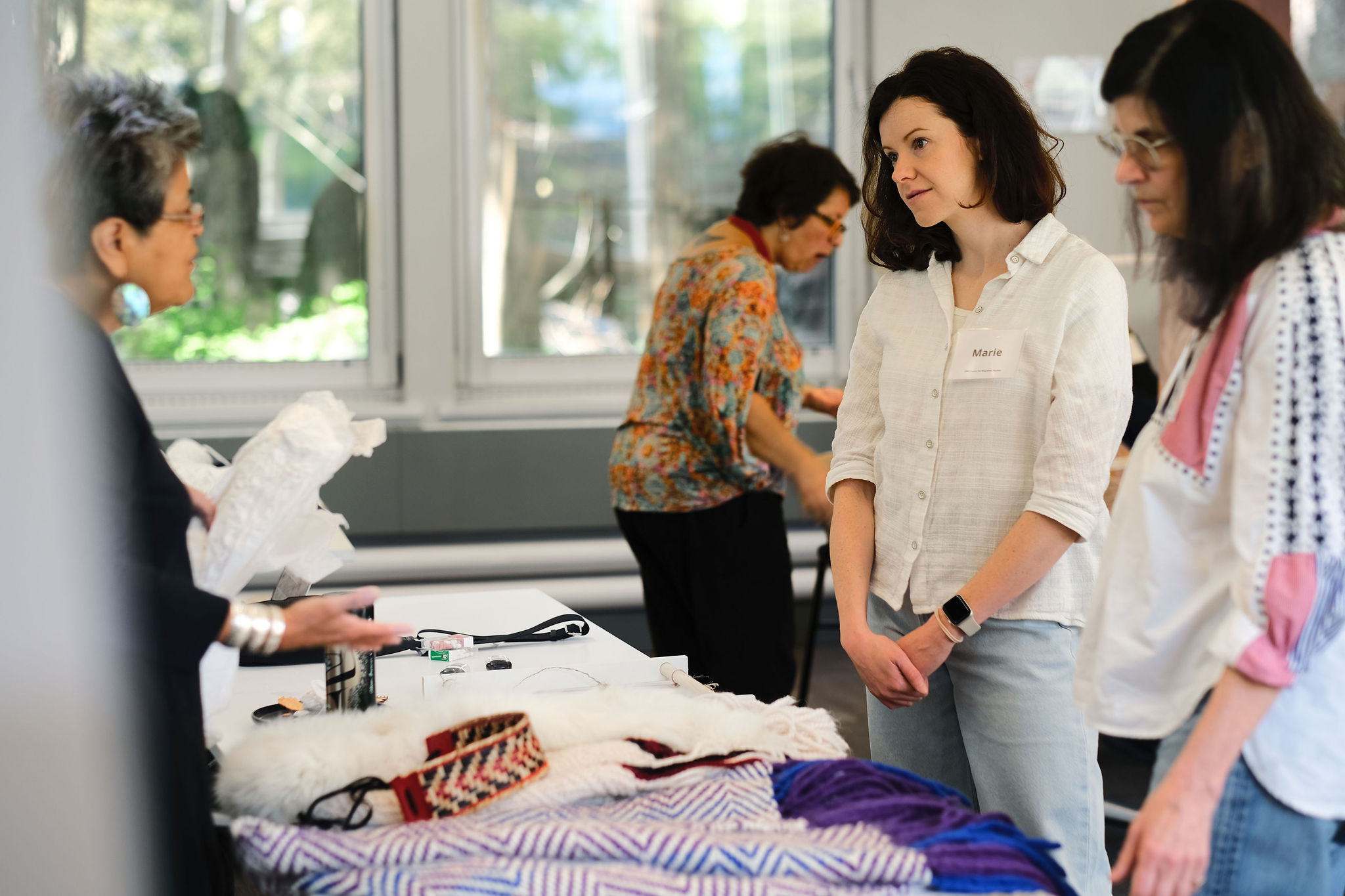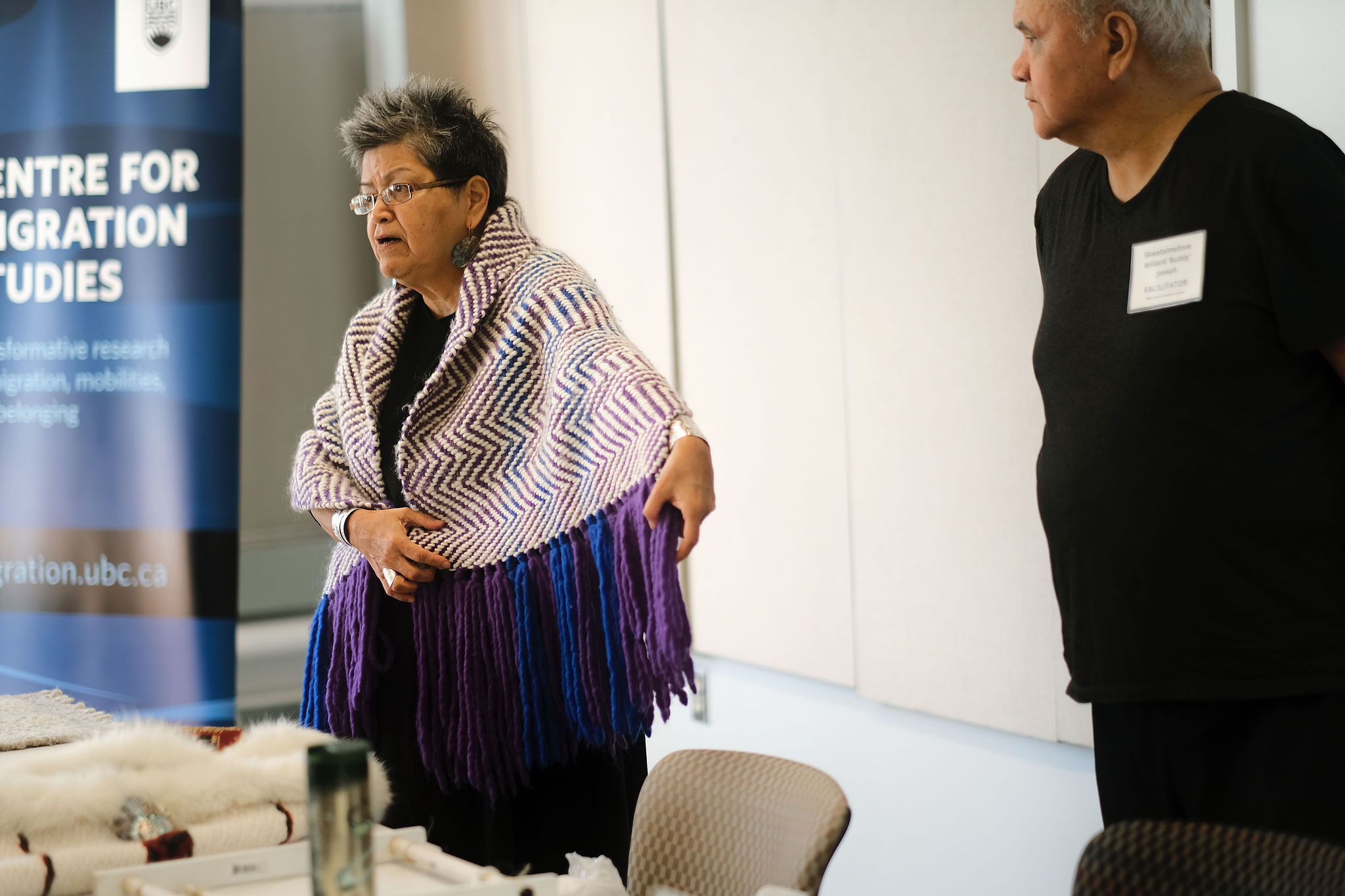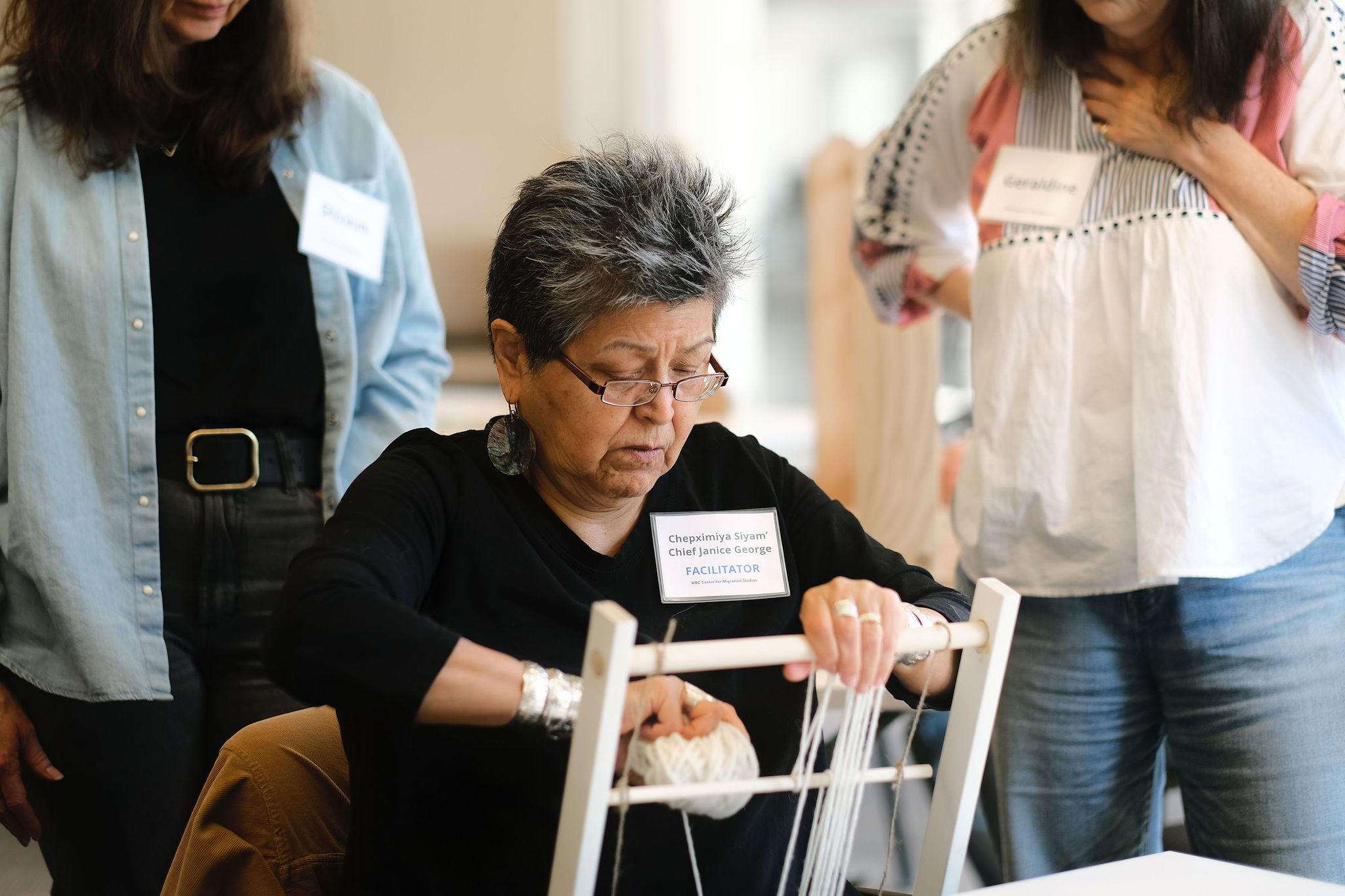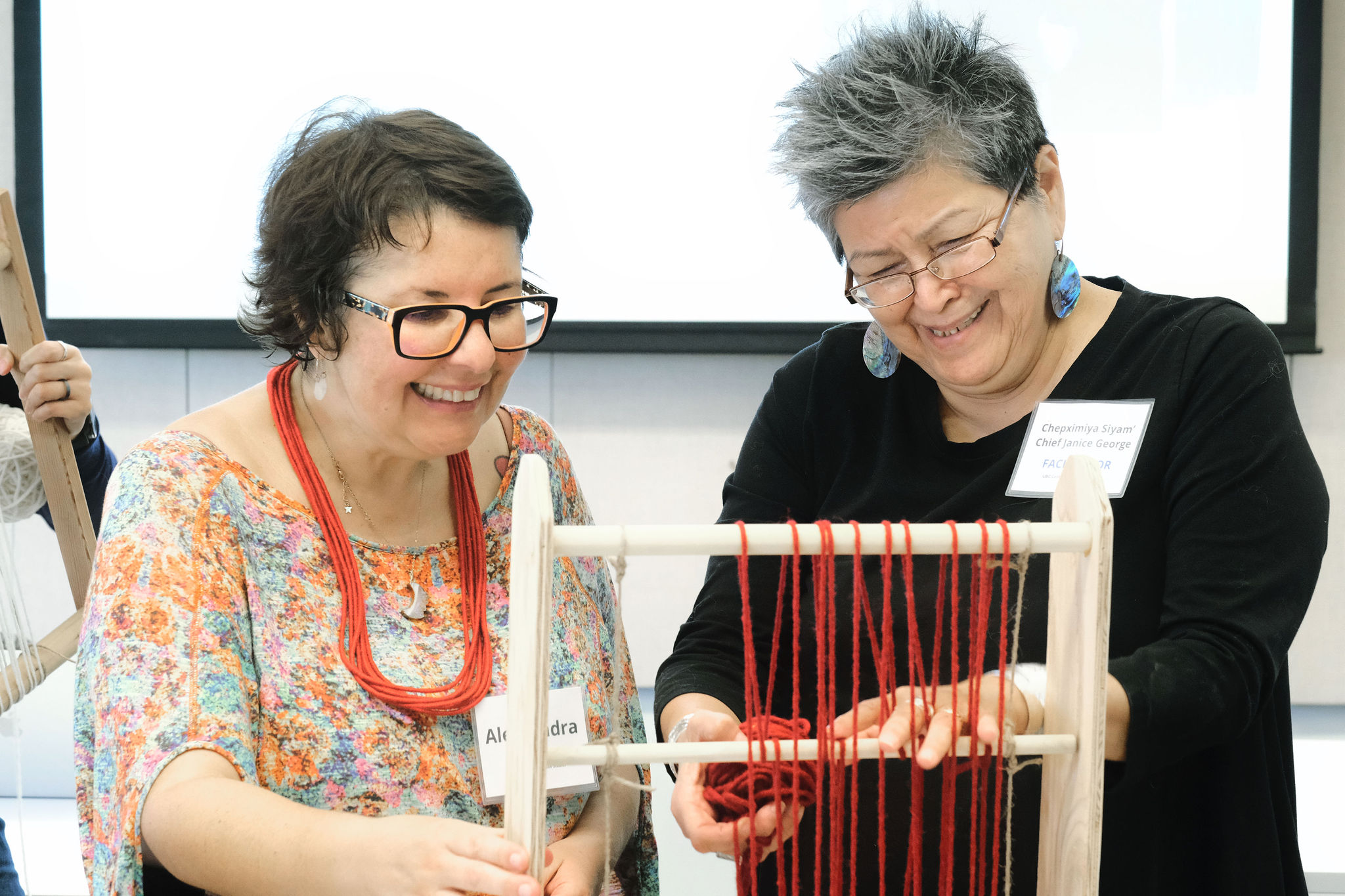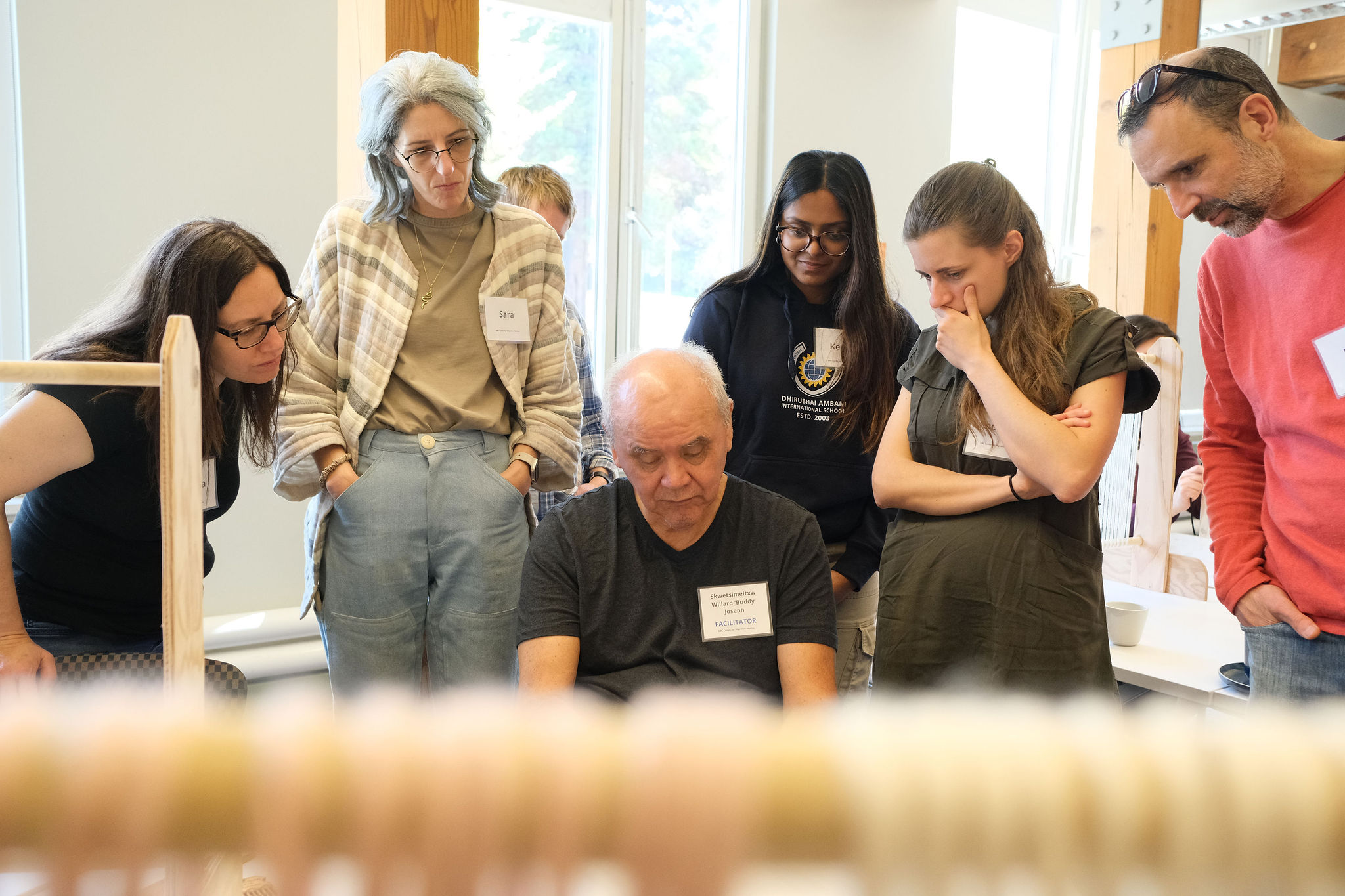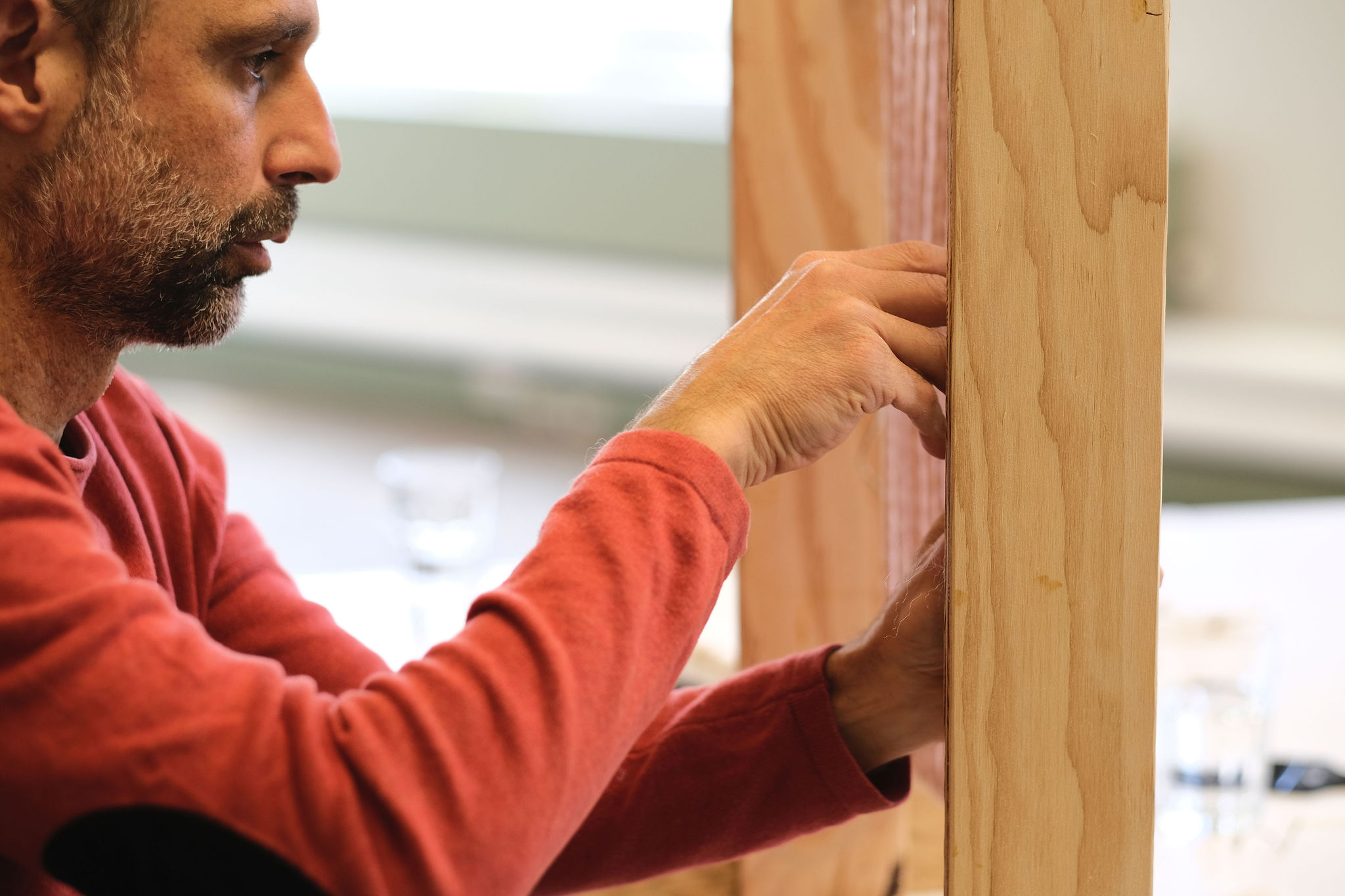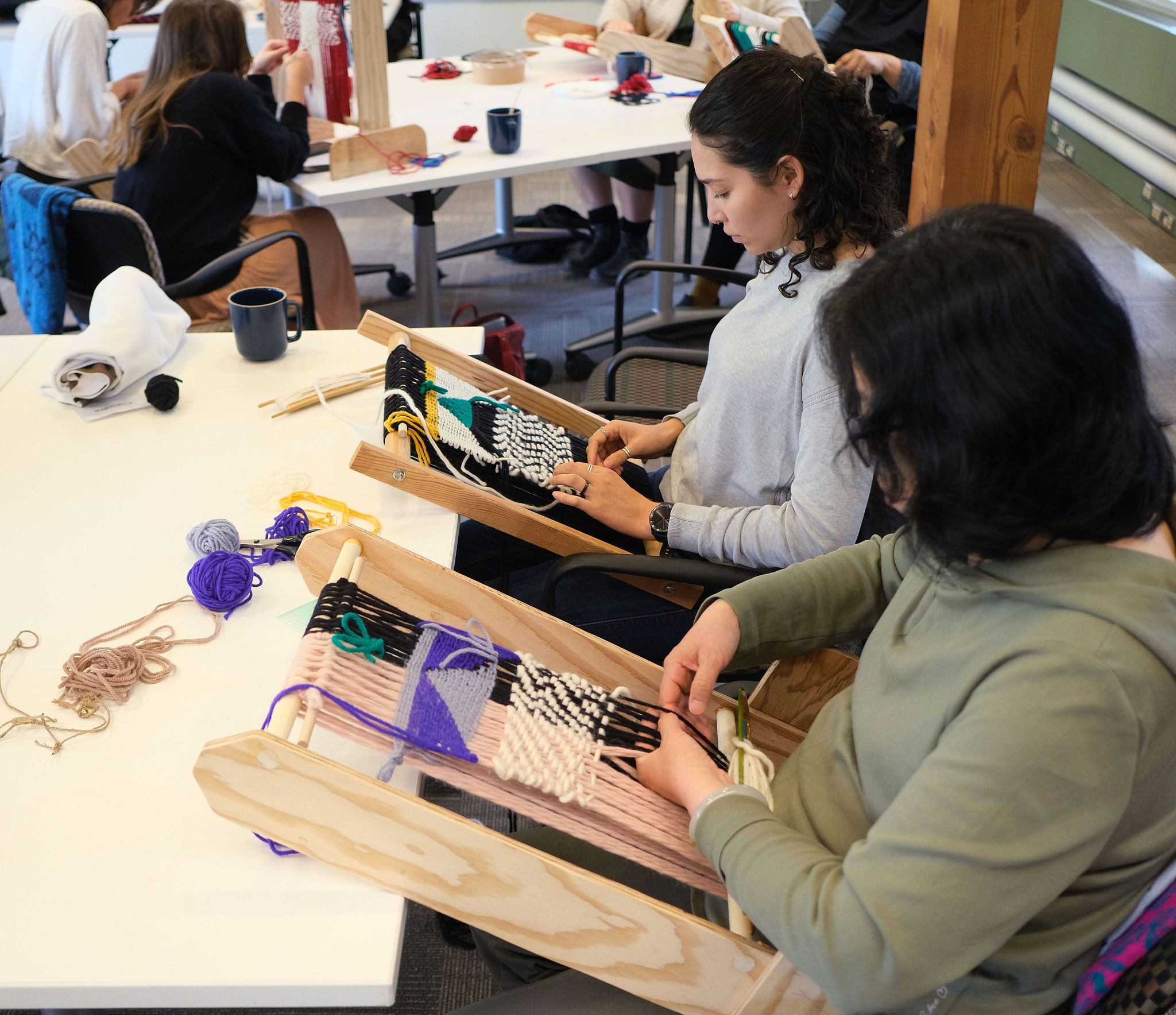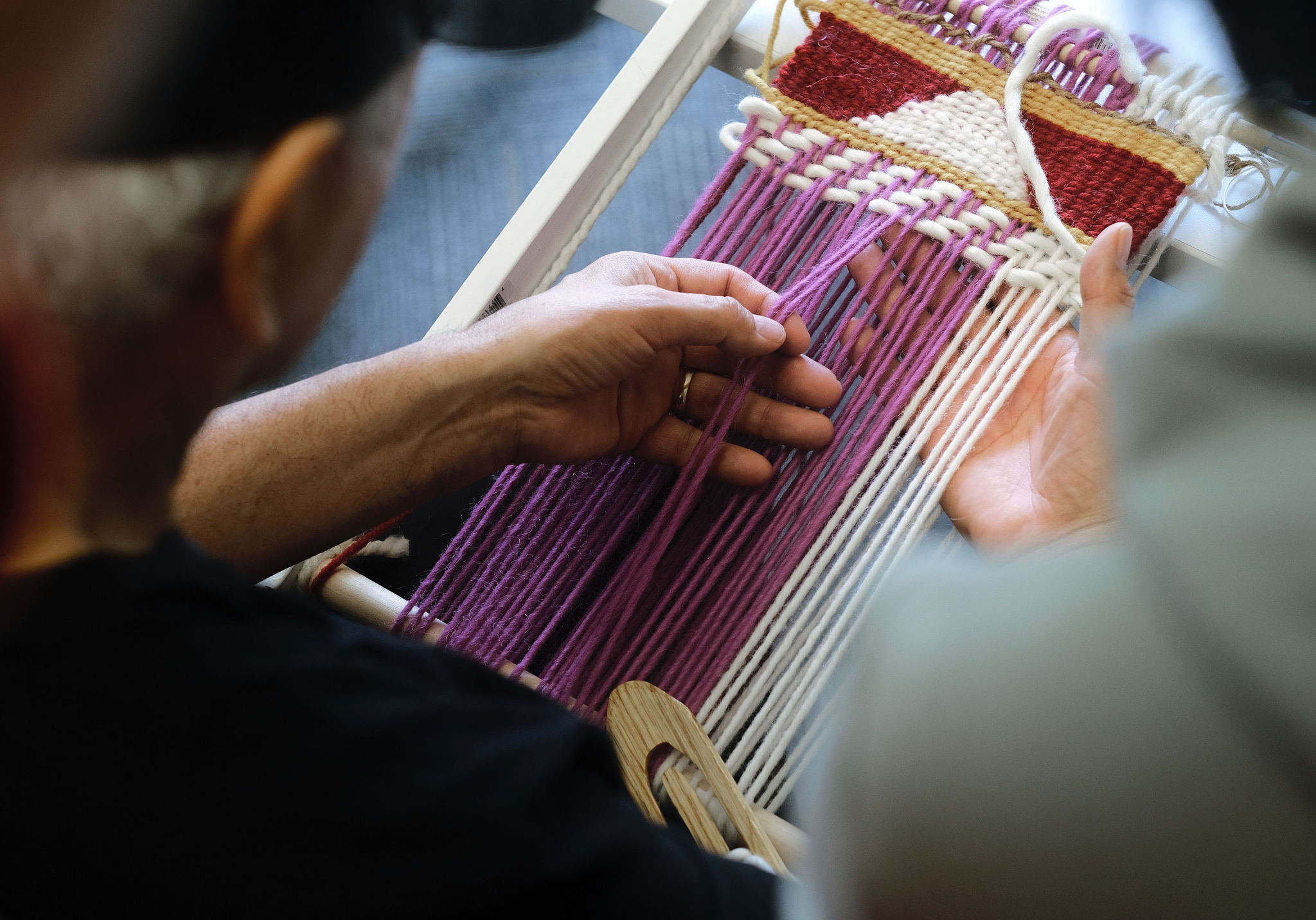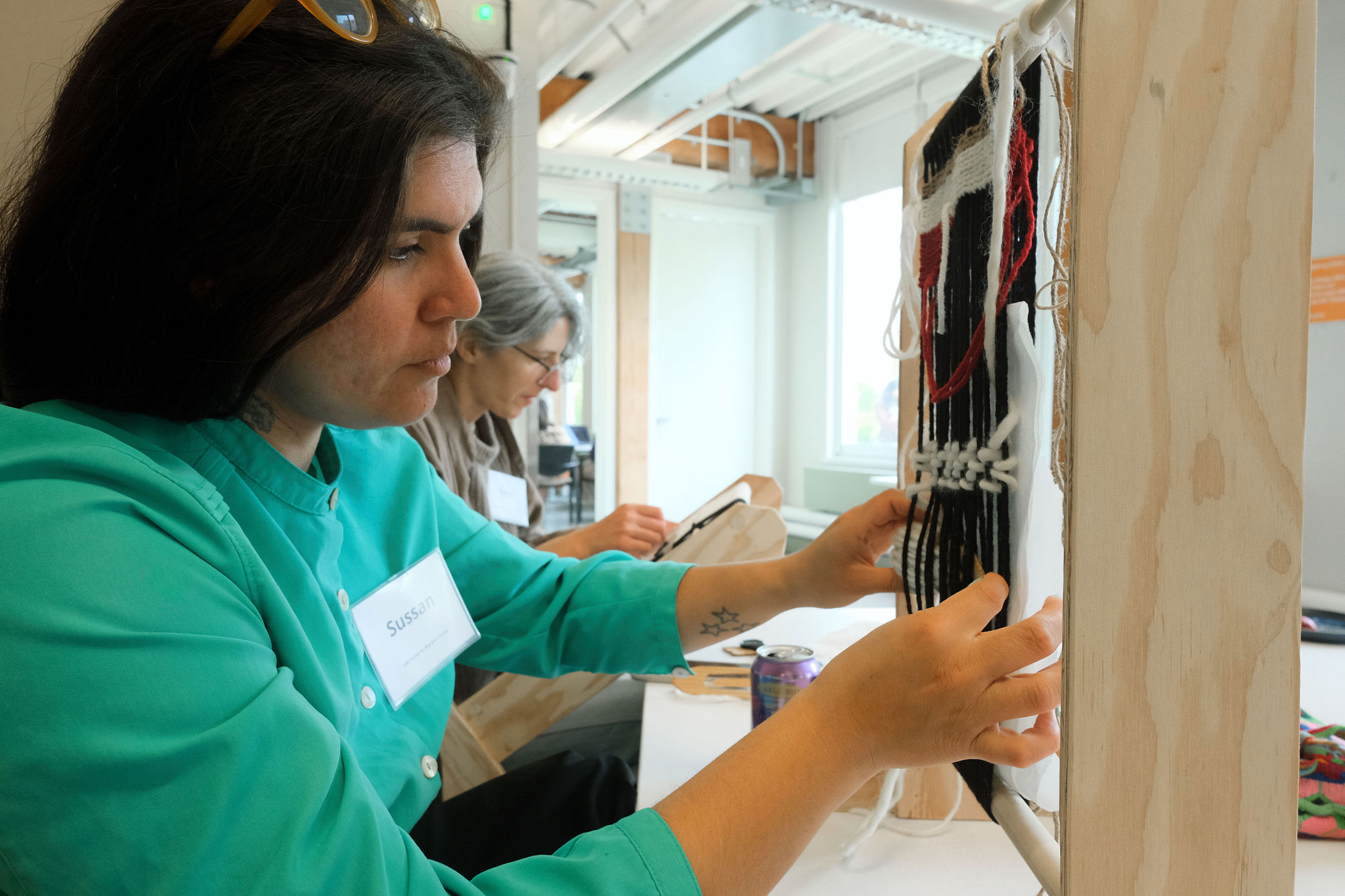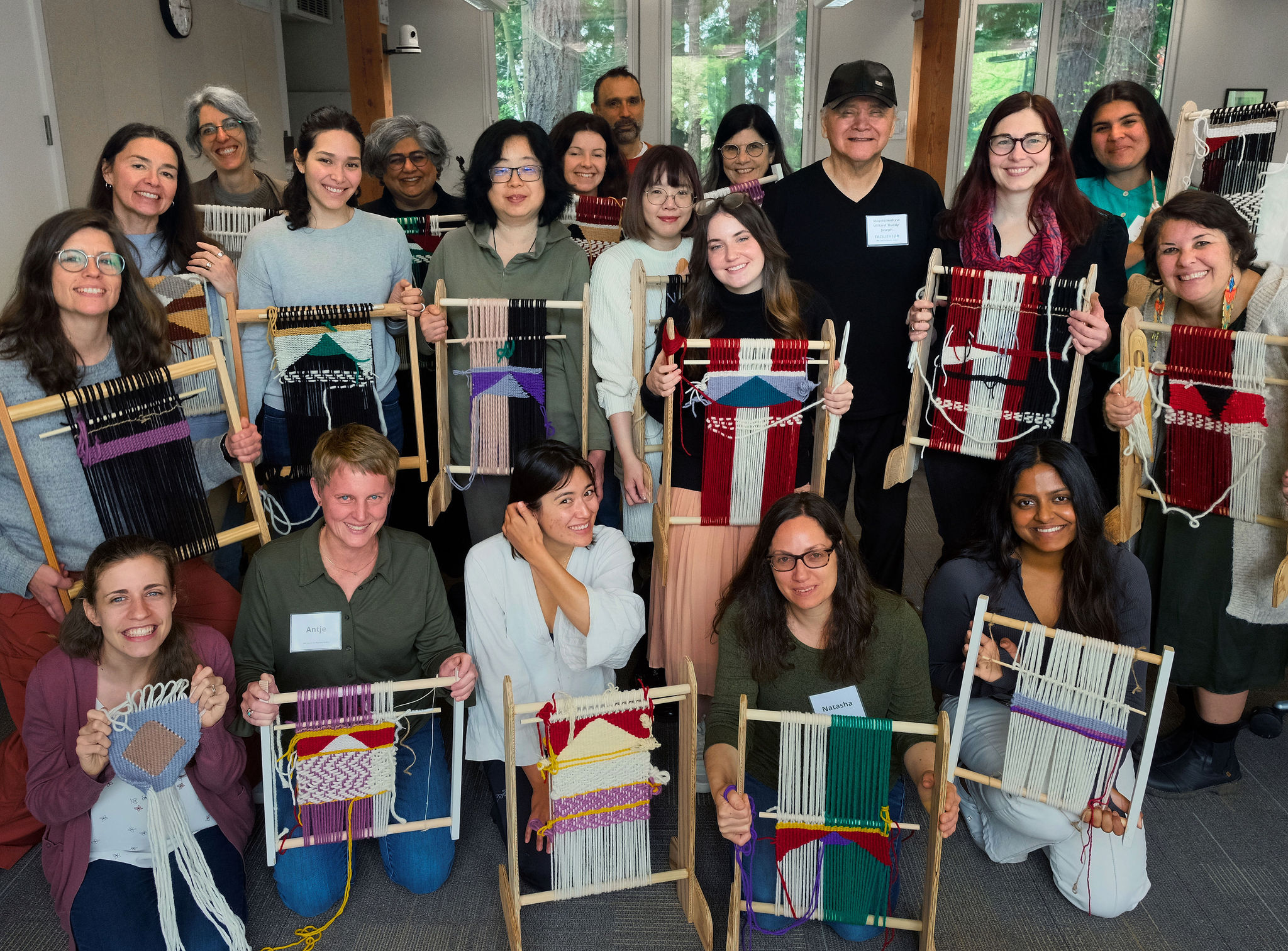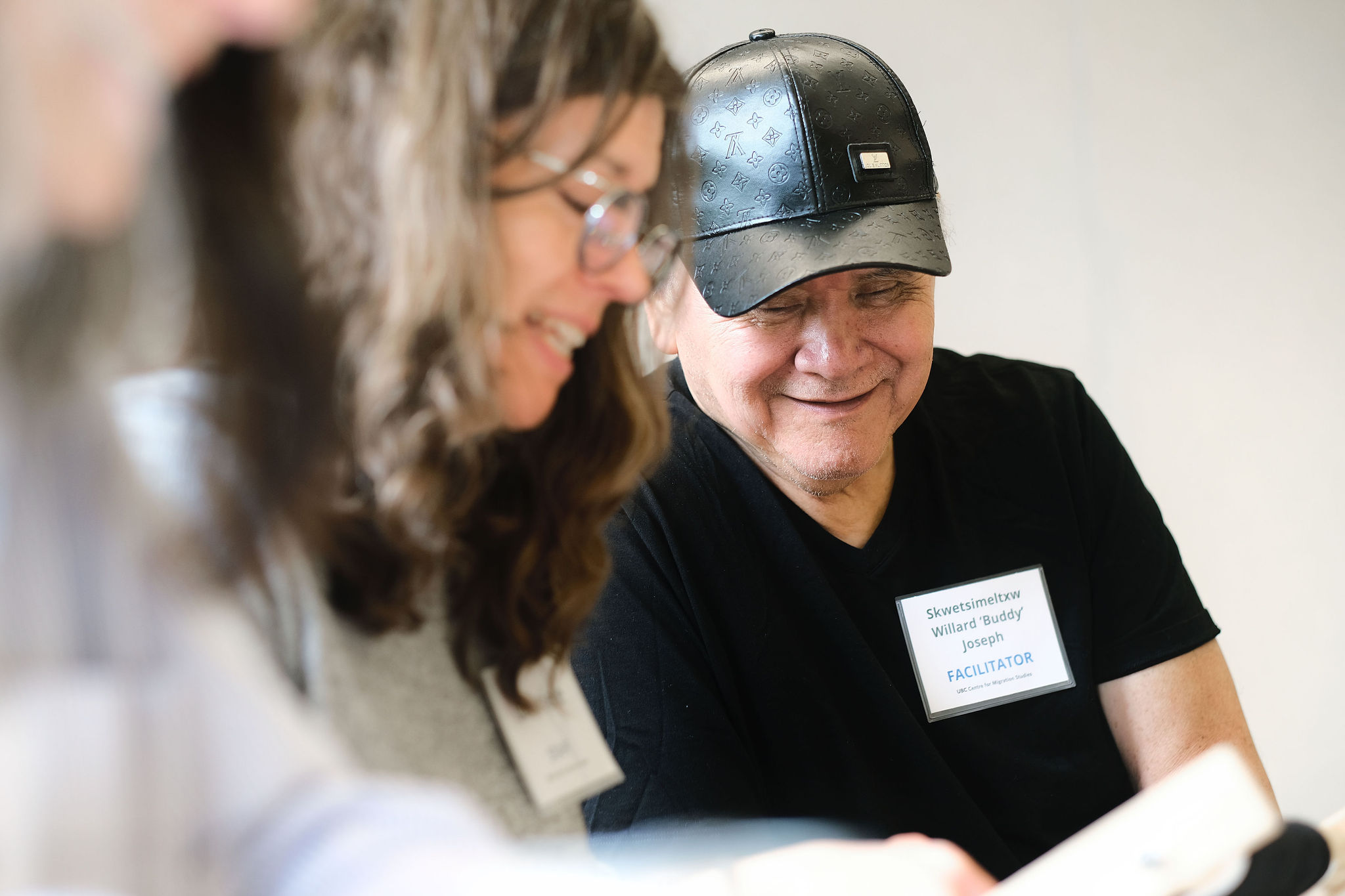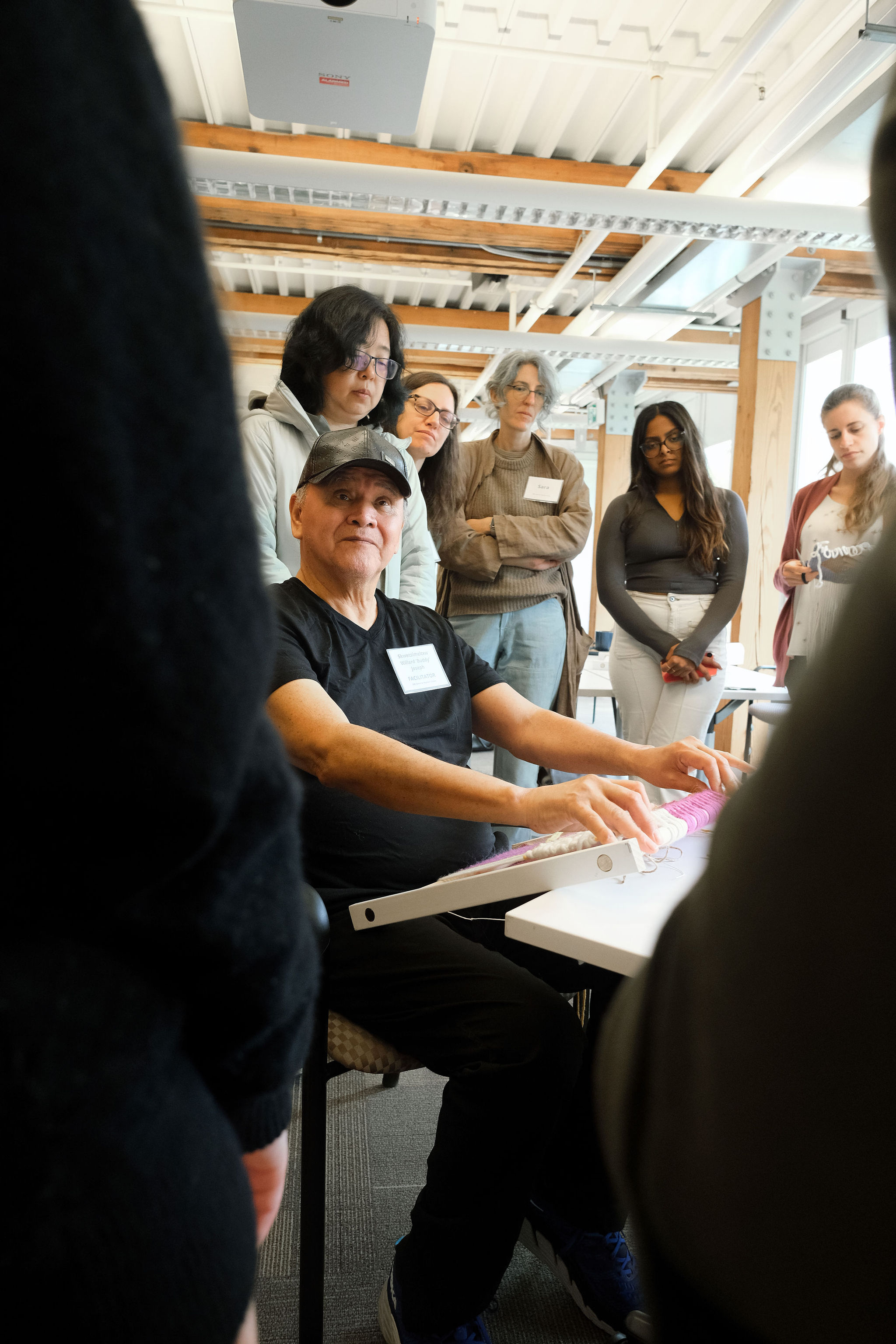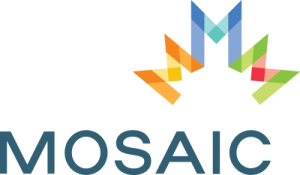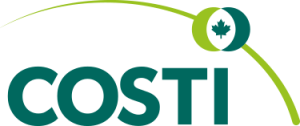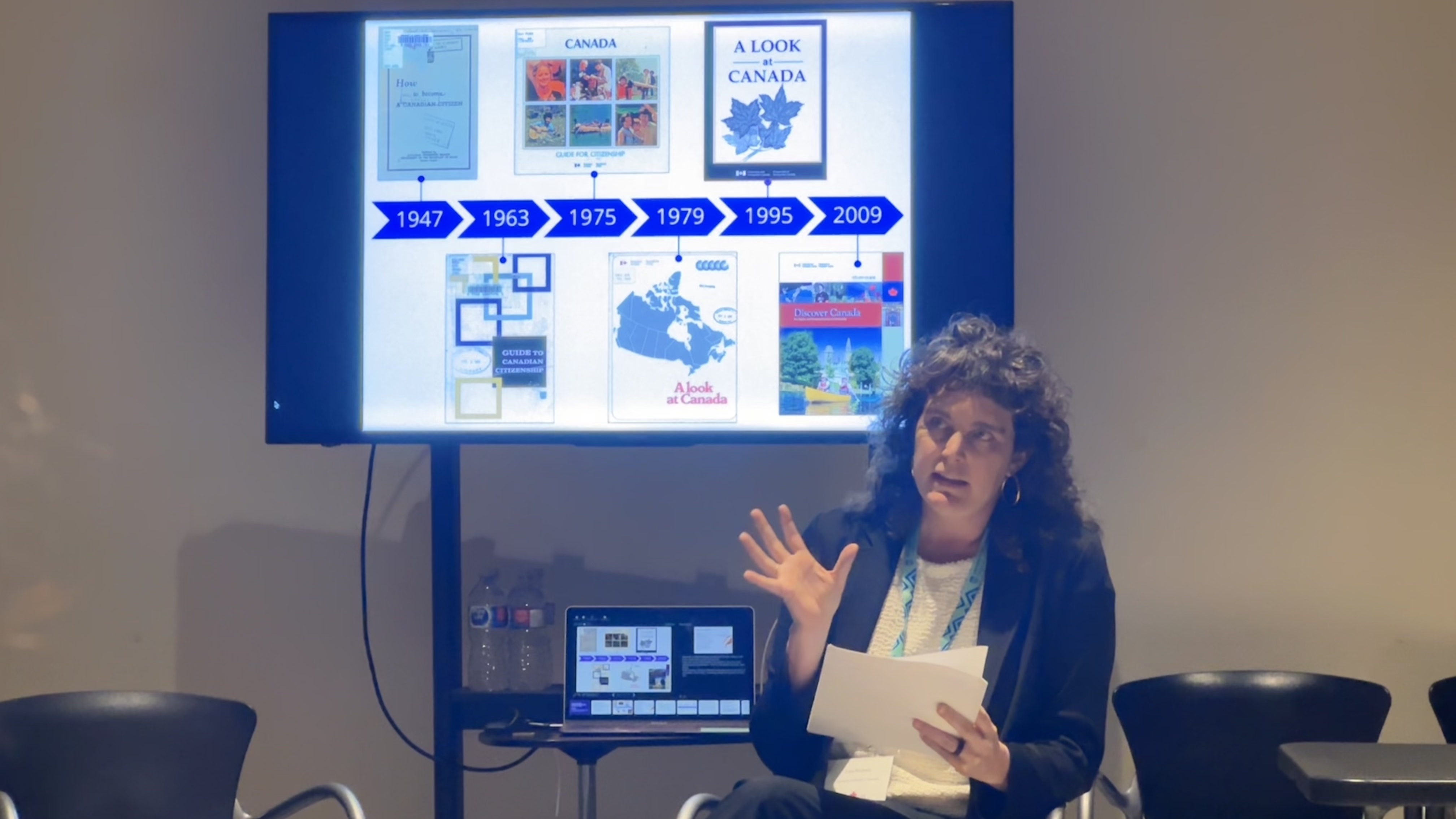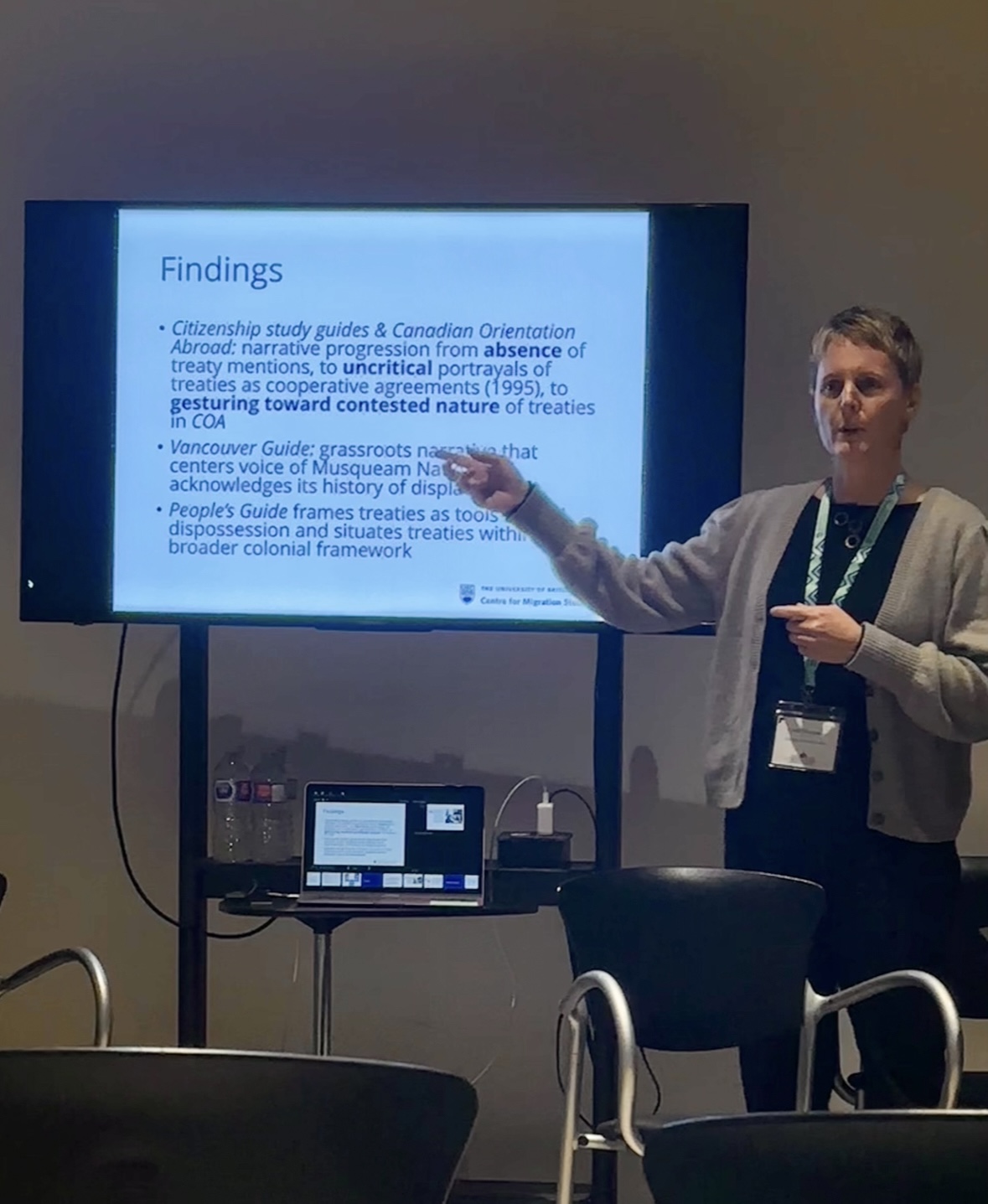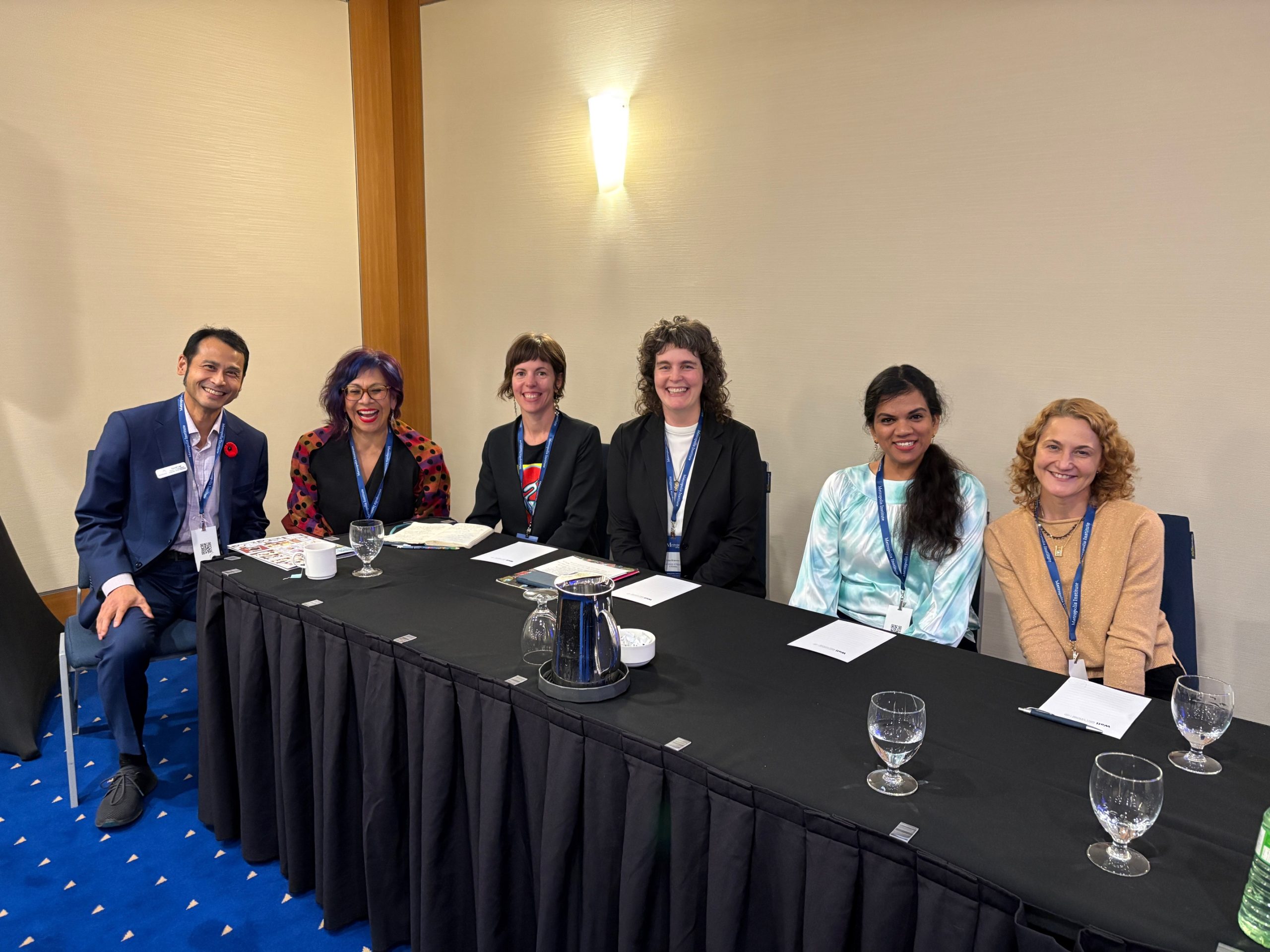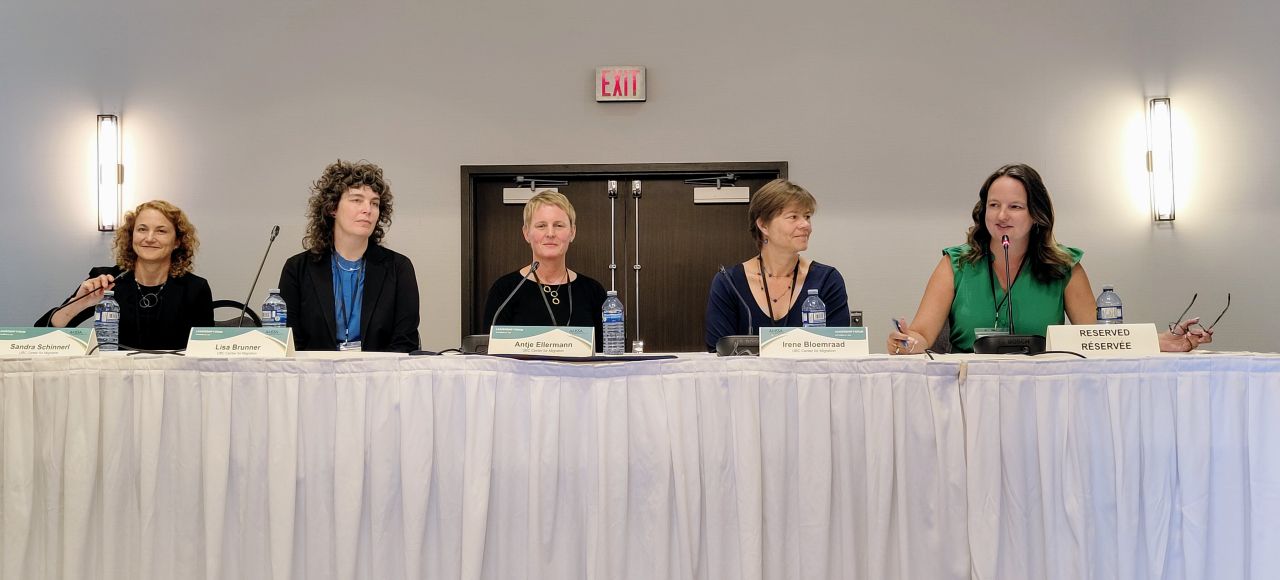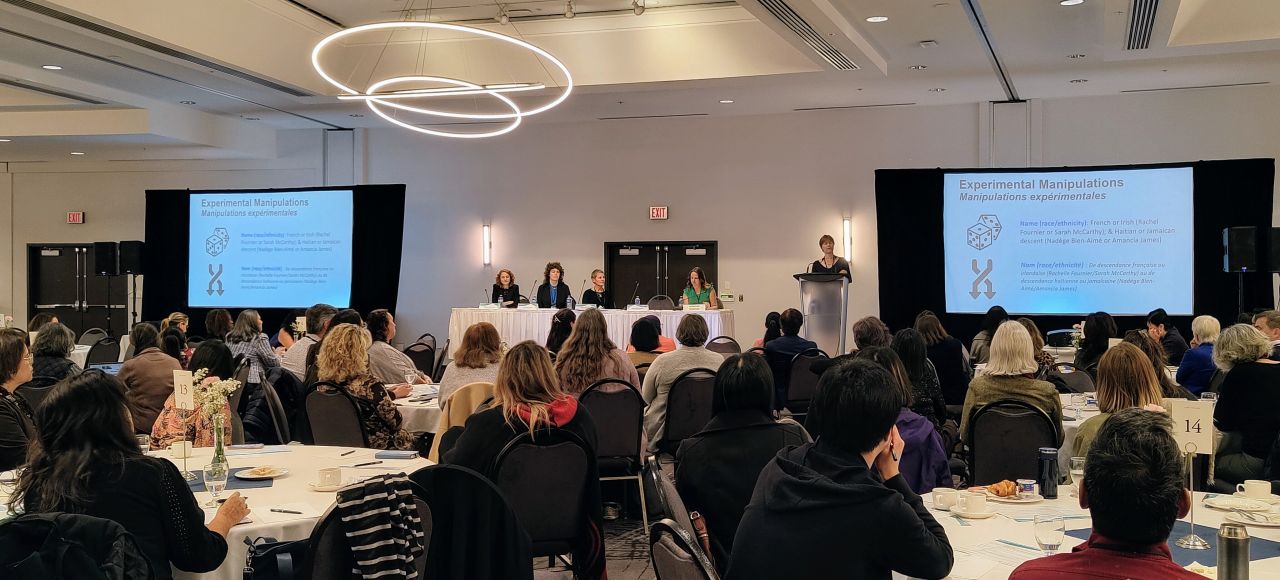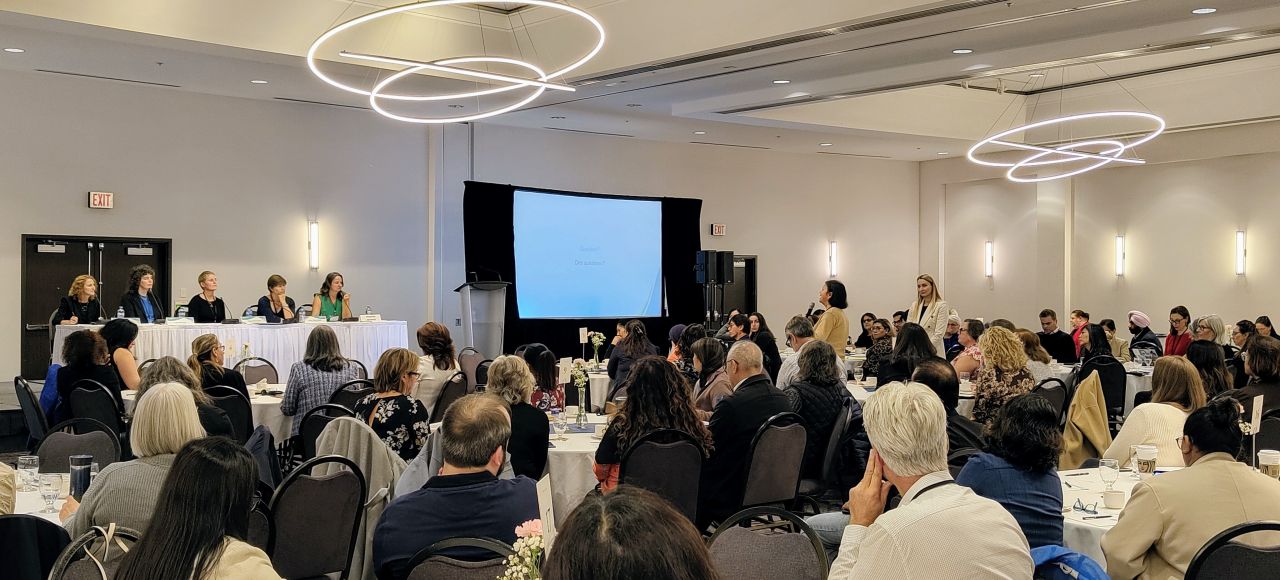Project Overview
This project examines dominant narratives surrounding gig and remote work while exploring the lived experiences of immigrants employed across various sectors of the platform economy.
Focusing on the everyday occupational realities of immigrant platform workers, the research investigates how they perceive and navigate their employment and daily routines within ‘non-traditional’ forms of work. It aims to situate these experiences in relation to broader public and policy discourses shaping understandings of gig work today.
Research Questions
- What are the discourses shaping the platform economy?
- What contextual factors shape the occupational experiences of immigrant workers within the platform economy?
- How does engaging in platform and/or remote work reconfigure traditional borders and boundaries in immigrants’ lives?
- In what ways do platform and/or remote workers nagivate “occupational balance” among the different revenue-generating occupations they engage in?
Methods
- Discourse Analysis
- In-Depth Interviews
- Art-based Methods
Collaborators
UBC Centre for Migration Studies
- Principal Investigator: Suzanne Huot (Assistant Professor, Occupational Science and Occupational Therapy)
- María Cervantes (Postdoctoral Research Fellow, UBC Centre for Migration Studies)
Toronto Metropolitan University
- Anna Triandafyllidou (Professor, Sociology)
- Marshia Akbar (Professor, Sociology)
- Hari KC (Research Fellow, CERC in Migration and Integration)
- Aziz Rahman (Research Fellow, CERC in Migration and Integration)
Outputs
Infographic

Presentations
“Adjustment, balance and belonging among newcomers engaged in remote work in Canada” presented by Samantha Jackson and Suzanne Huot at the 27th Canadian Ethnic Studies Association Biennial Conference, Edmonton, November 15, 2024
“Uneven Development in the Digital Economy: The New Landscape of Transnational Social Protections” presented by María Cervantes at the American Association of Geographers Annual Meeting, March 26, 2025
“Immigrants’ occupational experiences of remote and hybrid work in Canada” presented by Samantha Jackson and Suzanne Huot at the Canadian Association of Occupational Therapists Annual Conference, May 9, 2025
“Immigrants’ engagement in remote and gig work occupations: critically examining the spatial transformation of the ‘workplace’ through a mobilities lens” presented by Suzanne Huot, María Cervantes and Samantha Jackson at the Occupational Science Europe Conference at the University of Essex, UK, August 22-23, 2025
“Uneven Development in the Digital Economy: The New Landscape of Transnational Social Protections” presented at the Royal Geographical Society-IBG Annual International Conference 2025, University of Birmingham, UK, August 26-29, 2025
“Uneven Development in the Digital Economy: The New Landscape of Transnational Social Protections” presented by María Cervantes at the 4th Annual Digital Geographies Conference, University of Lisbon, November 3-4, 2025
Project Status
This project is currently in the Data Collection, Data Analysis and Knowledge Mobilization phases.
Featured News
This research was undertaken thanks in part to funding from the Canada First Research Excellence Fund.


